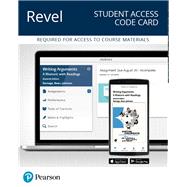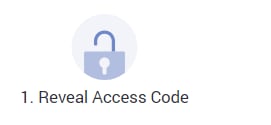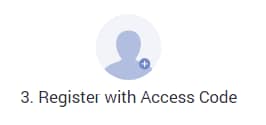For courses in Argument and Research.
Argument through problem solving
Revel
In the 11th Edition, you’ll continue to find all the signature strengths — major assignment chapters that focus on one or two stases; discussion prompts and end-of-chapter writing assignments that reinforce concepts; comprehensive coverage of research and documentation; and a logical, yet flexible, approach. But now, you’ll also find a book that promises to increase understanding of the value of argument and help negotiate the rhetorical divisiveness in today’s world.
Revel is Pearson’s newest way of delivering our respected content. Fully digital and highly engaging, Revel replaces the textbook and gives students everything they need for the course. Informed by extensive research on how people read, think, and learn, Revel is an interactive learning environment that enables students to read, practice, and study in one continuous experience — for less than the cost of a traditional textbook.
NOTE: Revel is a fully digital delivery of Pearson content. This ISBN is for the standalone Revel access card. In addition to this access card, you will need a course invite link, provided by your instructor, to register for and use Revel.











